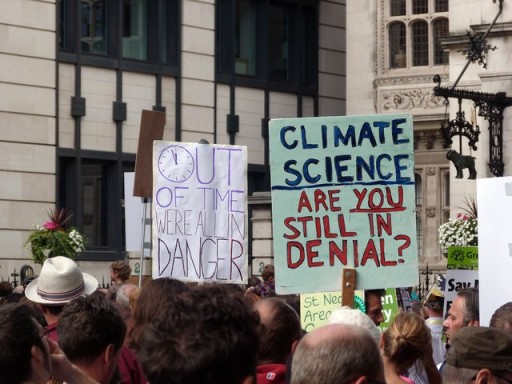By Tamara Milovanovic, IYNF e-volunteer.
Every year, the impact of climate change on everyday life is getting greater. Climate change affects human health, ecosystems and species. Specifically, it has influence on agriculture and impact on water resources. Furthermore, extreme weather commonly results in heavy rains, floods and heat waves.
How does climate change affects our health?
Long and frequent heat waves can increase illnesses like dehydration and even cause death. Temperature changes can increase the spreading of diseases. Also, smog and harmful air pollutants have detrimental effect on human health. Lung diseases, asthma and respiratory problems are just some of the health problems that the population faces due to climate change. Contaminated water is a big problem, caused by high rainfall and floods, it leads to bacteria proliferating very quickly in food due to high temperatures, and can lead to Lyme disease and West Nile virus. Climate change may also affect allergies.
When we talk about the impact of climate change on ecosystems and endangered species, we have to also mention the rising sea level, which forces species to relocate, while some of them die in the process. The climate in which certain types of species proliferate and migrate has now changed due to warming. The question is, how will some species survive? Due to rising temperatures, they are migrating at different times, and it is possible that they may be left without the food supplies they are searching for and which are the reason for their migration. As river and stream water also warms, the number of warm water fish is growing, replacing the species that live in cold water.
If we feel we can easily ignore the changes in nature, then there are more direct impacts of climate change on people when it comes to agriculture, which is reflected in changes in crops. Warmer temperatures can help crops grow better, but in most cases, very high temperatures, droughts and floods can destroy crops and they can reduce yields. It is interesting that higher levels of CO2 can increase yields. Warming also affects farm animals. They are more susceptible to diseases, and they also suffer a reduction in their fertility and milk production. However, the massive threat of global warning and climate change should not just concern us because of food production. The impact on ecosystems, because of rising sea levels, floods and a decrease in water quality, will have a lasting impact on human survival and on ecosystems.
As the planet is getting warmer, it takes more water to sustain humans and wildlife, and water is not an infinite resource. Each new day, there is less water that can be used for energy production, planting, and human needs. Many countries have begun to prepare for the impact of climate change. But the problems get more serious every day, and nearly the entire population feels the effects of climate change. If we want to reduce the impact of these changes on our lives, and then on the entire planet, it is necessary to actively participate in solving these problems, even if we start from our home or at a local level. Start with recycling, saving water, join a local organisation for the protection of nature. Even the smallest step can contribute a lot!

